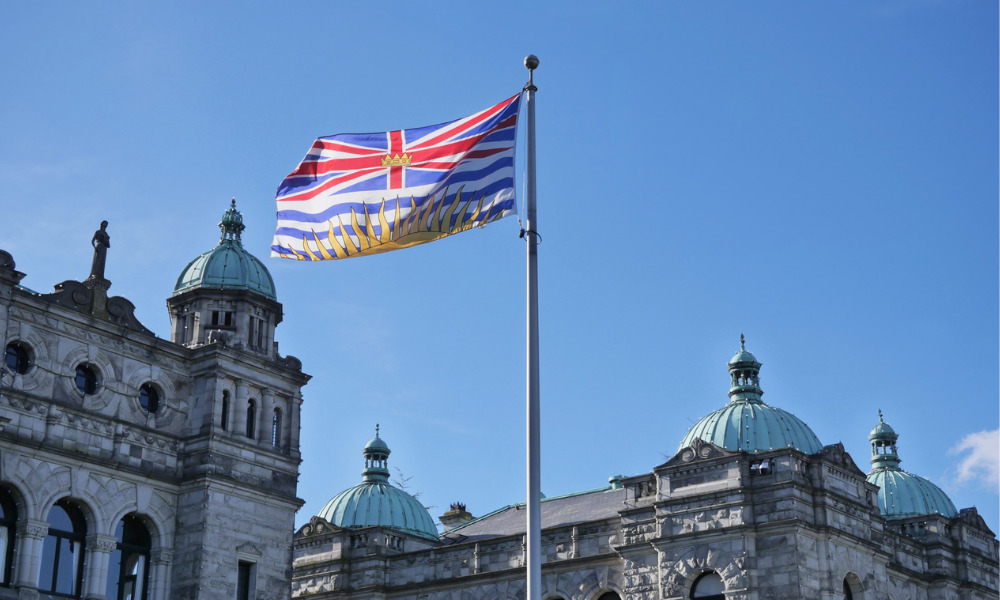
The decision comes amidst an ongoing federal class action concerning the same event

The BC Supreme Court has refused to stay a class action lawsuit regarding the “Sixties Scoop,” rejecting claims that it is duplicative and an abuse of process in relation to another ongoing federal class action.
Sarah Tanchak, as representative plaintiff, commenced a class action concerning the “Sixties Scoop”, the events generally beginning in the 1950s and continuing to the 1990s, where children of Indigenous families were taken and placed with non-Indigenous foster or adoptive parents. Meanwhile, Shannon Varley and Sandra Lukowich are the representative plaintiffs in another action, which was certified as a national class proceeding.
The BC Supreme Court noted that the Tanchak action targets both the federal government and the Province of British Columbia. The Varley action, on the other hand, only names the federal government as a defendant and is focused on similar allegations but solely against Canada.
Arguments from the defendants suggested that the Tanchak action was redundant since it covered grounds similar to those settled in a national agreement in 2018 and those being litigated in the Varley action. However, the BC Supreme Court concluded that the Tanchak action, specifically against the BC province, is distinct and justified. It highlighted that the national settlement explicitly allowed for the continuation of actions like Tanchak's against the province.
Further, the court noted that while the two actions have overlapping facts, the claims against the province in the Tanchak action are not duplicative of the Varley action. The court emphasized that the claims concern different defendants and thus maintain a separate legal basis for proceeding.
Despite the controversy surrounding the management and progression of the Tanchak action, particularly allegations of delay and non-compliance with previous court orders, the court decided against halting the action. It determined that not enough evidence was presented to show that continuing the Tanchak action would undermine the administration of justice or that it did not serve a legitimate purpose.
The court's decision also touched on the broader implications of class actions in ensuring access to justice for vulnerable populations, acknowledging the importance of allowing such cases to be heard, particularly when they involve allegations of historical injustices against Indigenous peoples. This ruling allows the Tanchak action to proceed in its claims against the Province of British Columbia.